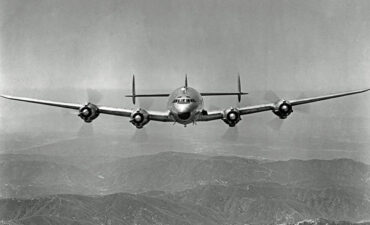When the Ming overthrew the Yuan, how did they treat the defeated Mongols? When the Ming Dynasty overthrew the Yuan Dynasty in China in 1368, it marked the end of Mongol rule in the region. The treatment of the defeated Mongols by the Ming rulers varied, and it’s essential to note that historical records may not provide a complete and consistent picture.
Generally, the Ming Dynasty did not completely eradicate the Mongols, recognizing the need for stability and administration. Some Mongol elites were allowed to integrate into Ming society, often through intermarriage with Chinese families or by serving the Ming government in various capacities. This policy was in line with the Ming’s pragmatism in managing diverse ethnic groups within their empire.
However, not all Mongols were treated the same way. Some faced discrimination or suspicion due to their association with the Yuan Dynasty, and certain regions experienced more stringent measures than others. The Ming rulers were concerned about potential loyalty issues among the Mongol population, particularly those who had been closely associated with the Yuan rulers.
Additionally, the Ming government implemented policies to assimilate and Sinicize the Mongols by promoting Chinese culture, language, and administrative practices. Over time, the Mongols in China gradually assimilated into the broader Chinese cultural and social framework.
It’s important to note that historical accounts may present different perspectives, and the treatment of defeated Mongols during the transition from the Yuan to the Ming Dynasty was likely nuanced and complex.










